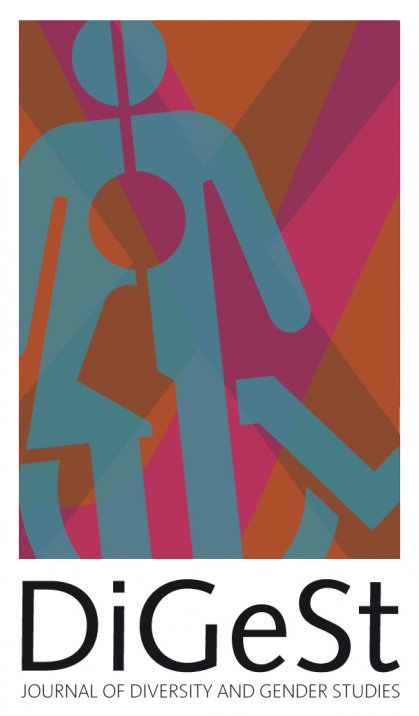DEADLINE EXTENDED TO 20/05/2022
Guest editors:
Mauro Cabral (GATE/Université libre de Bruxelles)
Ilana Eloit (Université de Lausanne)
David Paternotte (Université libre de Bruxelles)
Mieke Verloo (Radboud Universiteit Nijmegen)
The acronym TERF, which stands for Trans-Exclusionary Radical Feminist,
has become part of public debates in the last years. Yet, this term remains
highly contested among scholars and activists. While the term permits to label
and to describe a social and intellectual phenomenon which is currently
acquiring increasing social and political relevance, there are problems with
the term too. To name just two: it can be seen as a “misogynistic slur”
(Pearce, Erikainen, Vincent 2020), and has a problematic understanding of what
is “radical feminism”. For all its problems, and maybe also because of them, we
see it as a useful heuristic tool to understand past and contemporary
exclusionary patterns within feminist discourses and practices, and to
complexify genealogies of radical feminism.
In this special issue, we argue that the unicity of the term conceals
the diversity of positions included under this label and we aim to unpack its
complex and entangled meanings as well as to map the diffusion of its way of
reasoning across a multitude of actors. In particular, the salience of British
and US debates on trans rights, combined with the hegemony of Anglo-American
scholarship within gender studies, overshadows the variety of trajectories
leading some feminists to adopt anti-trans positions. Actually, a first
comparative look at contemporary debates allows us to identify at least three
different roads to TERFness: anti-gender activism, radical feminism and radical
lesbianism, and institutional feminism.
For this special issue, we welcome pieces investigating TERFness in four areas: discourses and arguments, actors and networks, implications for feminist theory and the role of affects (Hemmings 2021). We expect authors to address a key theoretical question in relation to the variety of TERFness on the basis of new empirical data, and to examine trans debates in different geographical locations. Articles thus have to be based on sound literature review and clear theoretical conceptualization, empirical material and adequate methods of analysis.
Technical information
about format and submission.
Format
We expect final
papers to be between 7000 and 8000 words (bibliography and footnotes included),
submitted in Word format.
References in APA
Style, 7th edition.
Timeline
• 01/05/2022 DEADLINE EXTENDED TO 20/05/2022: Send a 2000 words proposal by email to the guest editors (maulesel@gmail.com, ilana.eloit@unil.ch, david.paternotte@ulb.be, mieke.verloo@ru.nl)
• 01/06/2022: Acceptance email to authors
• 15/11/2022: Submit a full draft (online submission platform)
• From 15/01/2023: Responses on first drafts
• 01/06/2023: Submit the final draft
• 15/10/2023: Publication of the special issue
Back to Announcements and calls List

